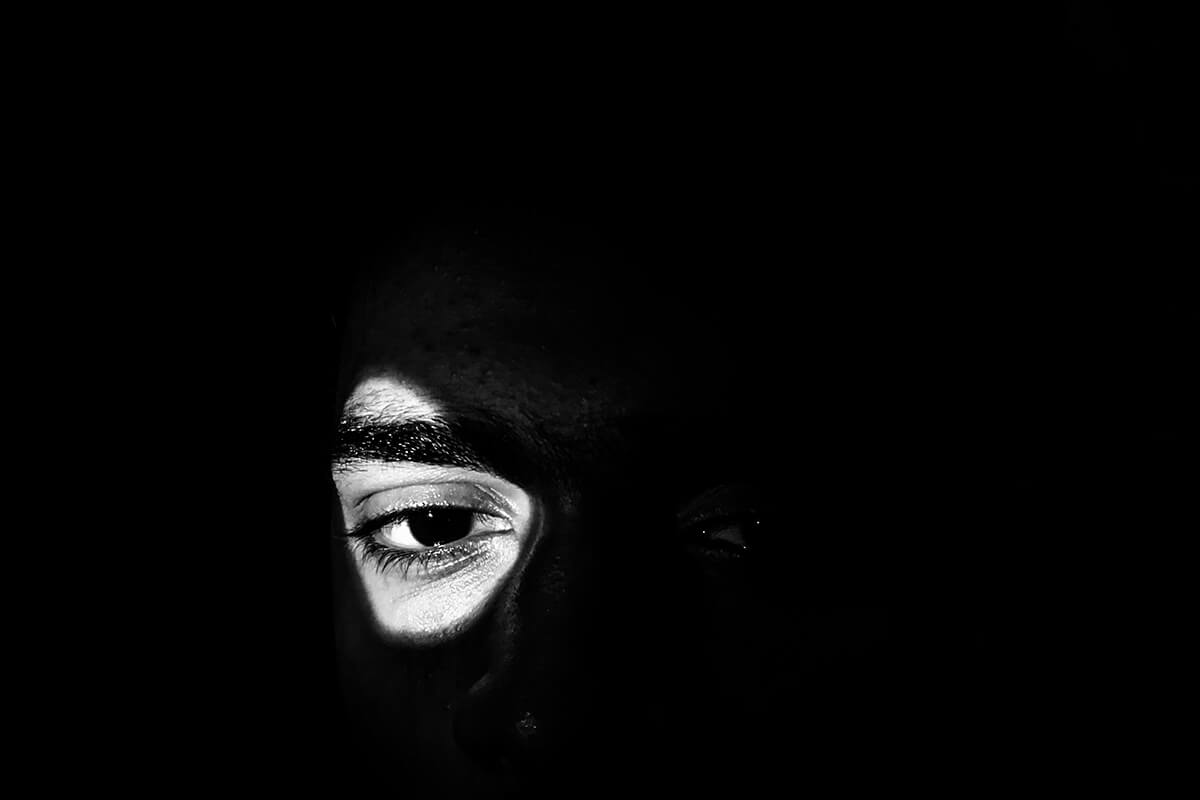
Grief, trauma, and substance use frequently overlap. Therefore, grief and trauma counseling should be incorporated into addiction treatment plans because unresolved grief can lead to relapse.
If substance use, grief, and traumatic stress are treated simultaneously, there is a greater chance for success. Substance use, grief, and unresolved trauma require using evidence-based practices to treat these problems simultaneously.
Evidence-Based Treatments
Examples of evidence-based treatments are:
- Cognitive-behavioral therapy (DBT)
- Dialectical behavior therapy (DBT)
- Motivational interviewing (MI)
- Rational-emotive behavior therapy (REBT)
- Eye movement desensitization and reprocessing (EMDR)
- Antidepressant medications
Integrated Treatment Addresses Multiple Disorders
In an integrated program, a person can often participate in:
- Individual mental health therapy
- Medication management with a psychiatrist
- Group treatment
- Complementary therapies
Approaching recovery using integrated treatment ensures that people receive the help they need so mental health conditions do not hinder progress in recovery. During this time, healthy coping skills can be learned.
Substance Use Can Worsen Grief
People who suffer from a substance use disorder (SUD) admit to experiencing some form of trauma which results in unresolved grief. Substance use creates more grief, which can create a cycle of substance use and perpetuate symptoms related to trauma. Therefore, a SUD intensifies the feelings of grief.
Alternatively, when grief and trauma are managed properly during recovery, the experience brings about growth and healing. Such healing requires developing and understanding triggers and coping mechanisms to manage triggers. Continuing appropriate treatment helps individuals find healthy ways to sit with and work through their uncomfortable feelings.
Examples of healthy coping mechanisms include:
- Support from family and friends
- Engaging in faith
- Peer support groups
- Exercise
- Keeping a journal
- Mindfulness meditation
- Breathwork
Trauma Often Leads to Grief
Grief can occur as a result of sudden change. For many people, the reason for grieving stems from trauma. Some of the symptoms of untreated grief and trauma include:
- Avoidance Behaviors
- Mood Swings
- Erratic Sleep Schedule
- Immune Health Decreases
- Bad Hygiene
- Chronic Pain
The best action to overcome substance use and trauma is to seek professional care. A proper treatment center such as the Guest House will offer a thorough diagnosis, educate the individual and their family about their co-occurring disorders, and establish a quality treatment plan. A quality plan will include conventional and alternative treatments and therapies to get to the root of trauma and locate the thoughts that drive addiction. With us, you will learn to set goals and take steps to manage grief and cope with trauma. To get started with integrated treatment, call us today at (855) 483-7800.